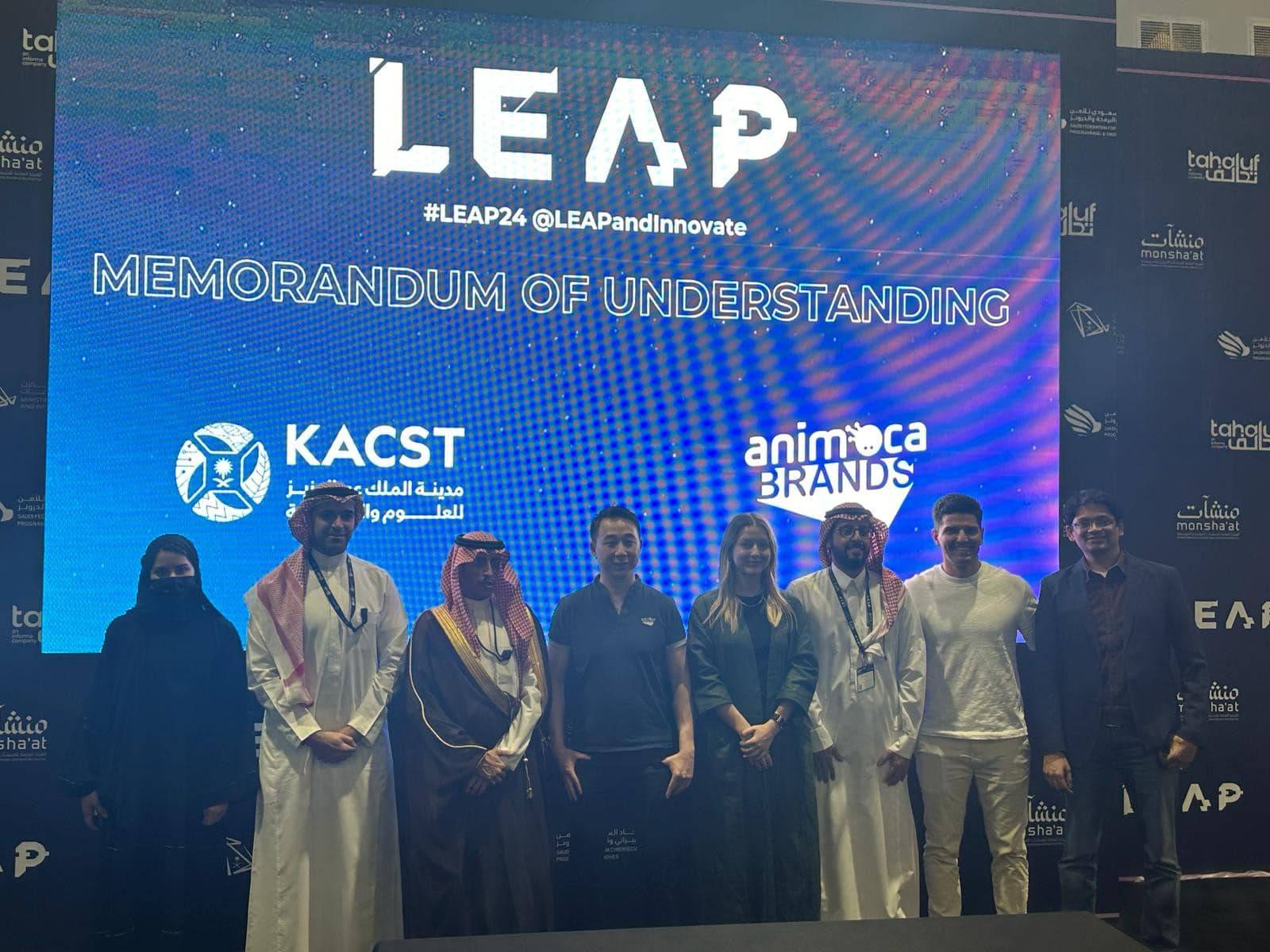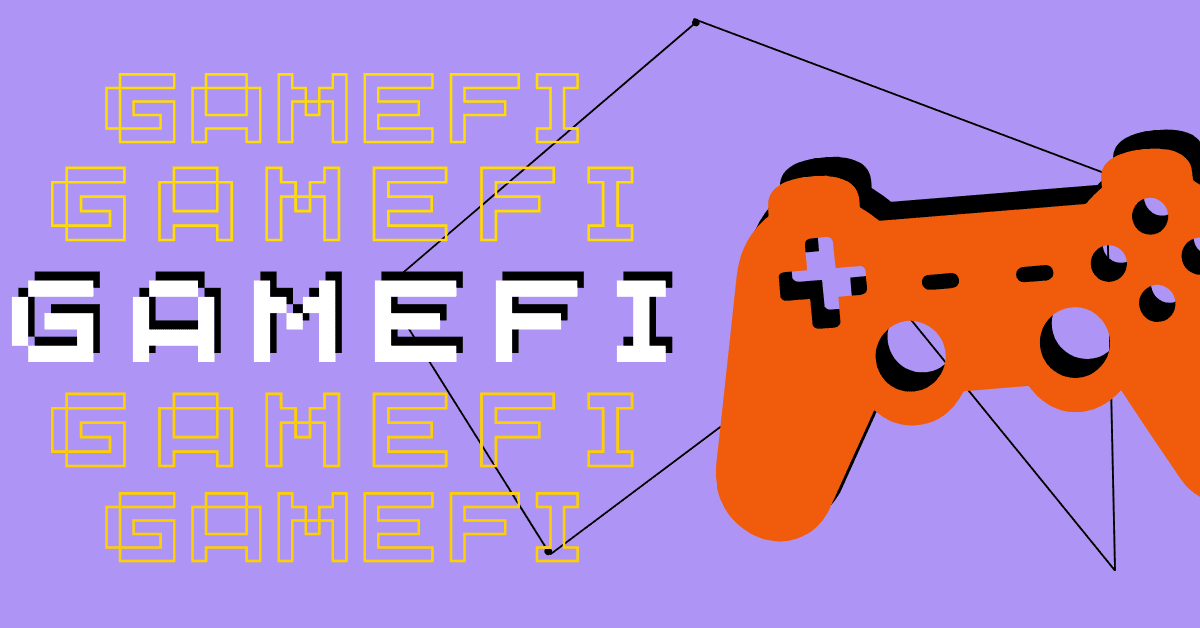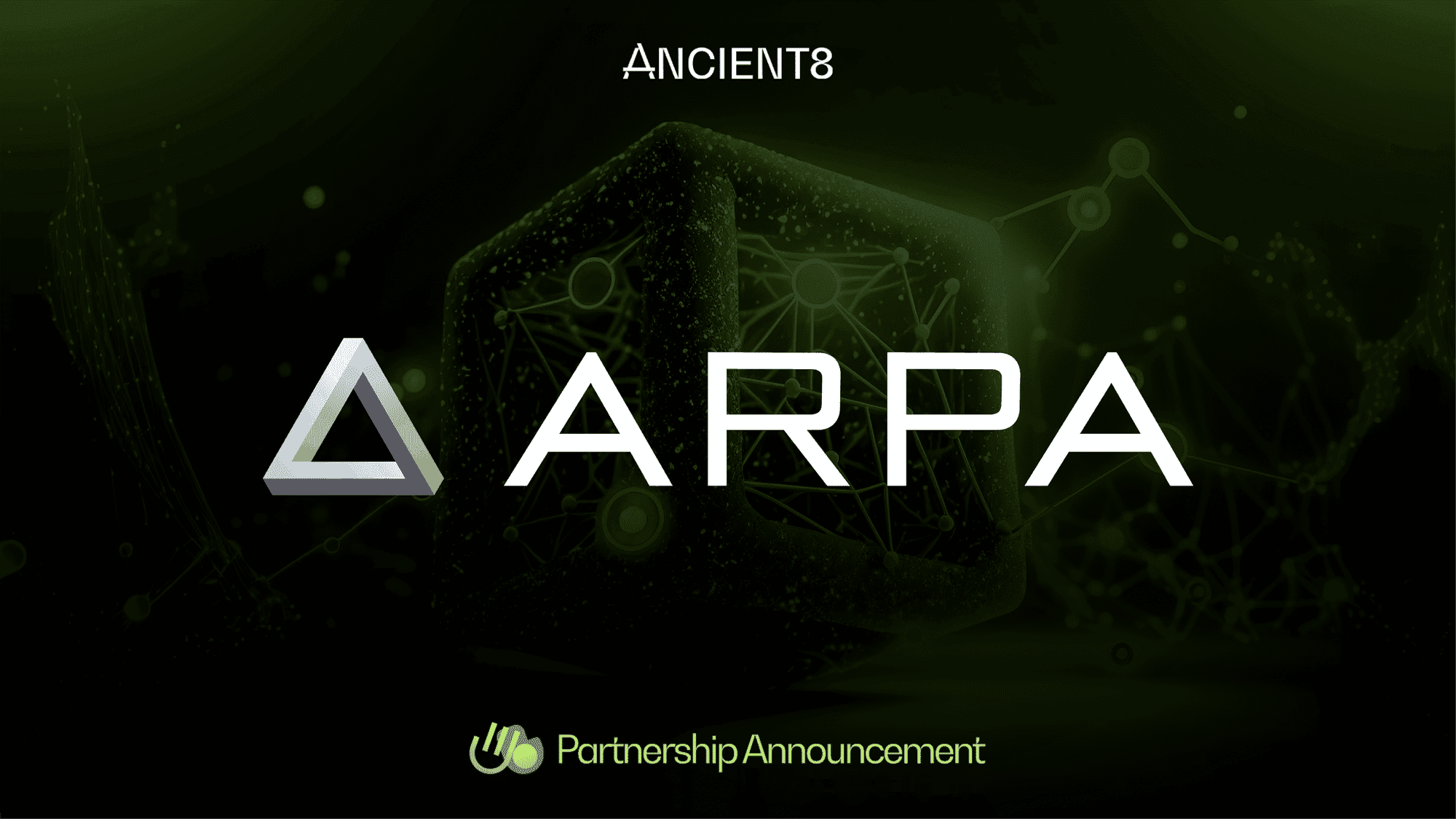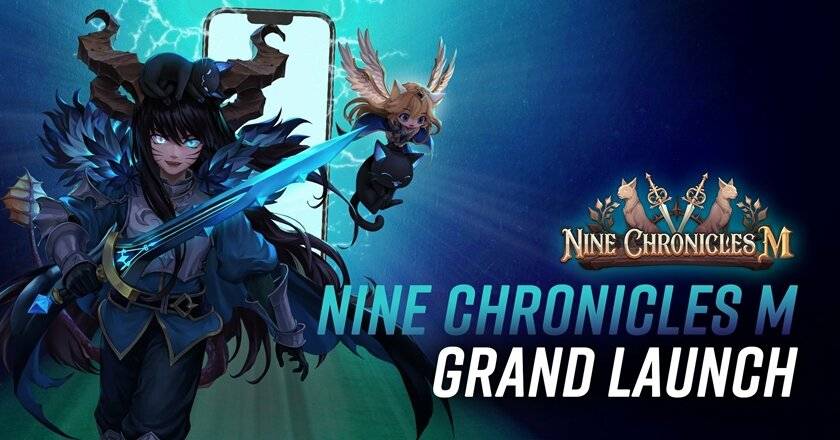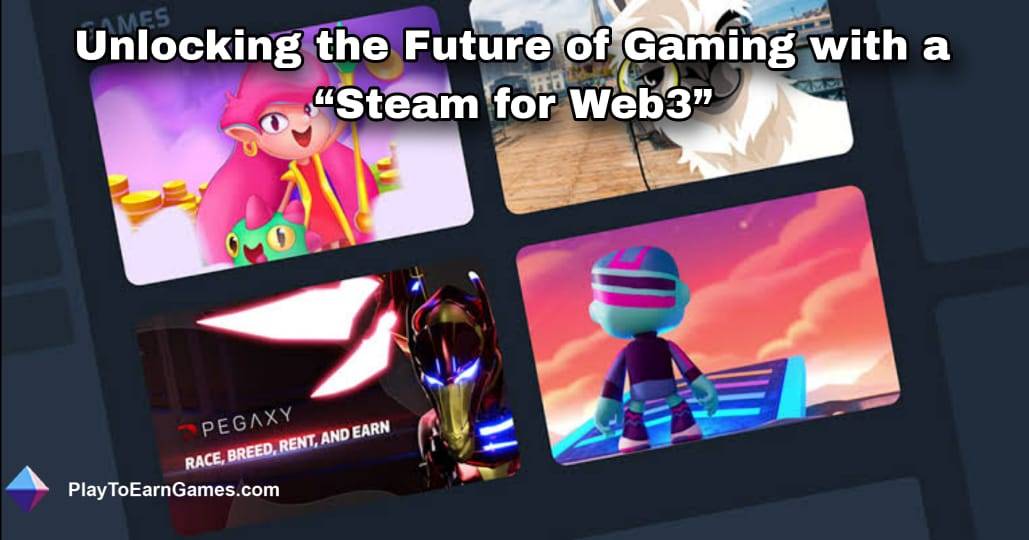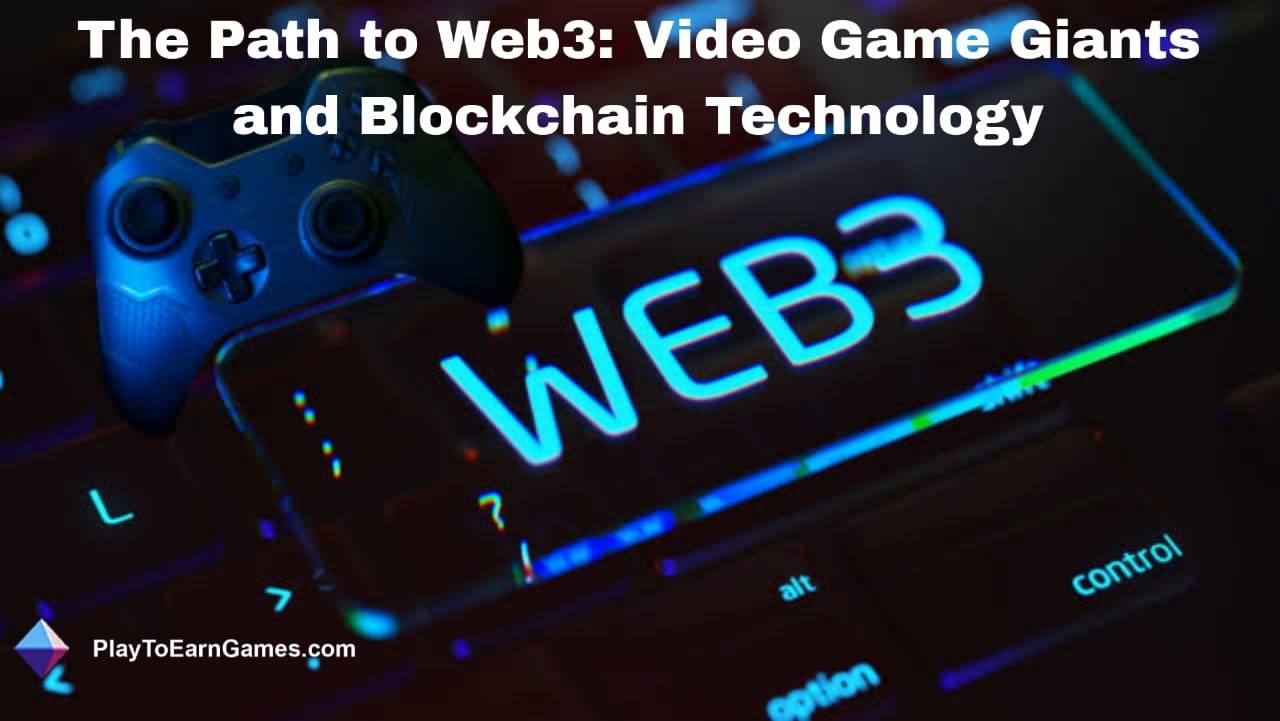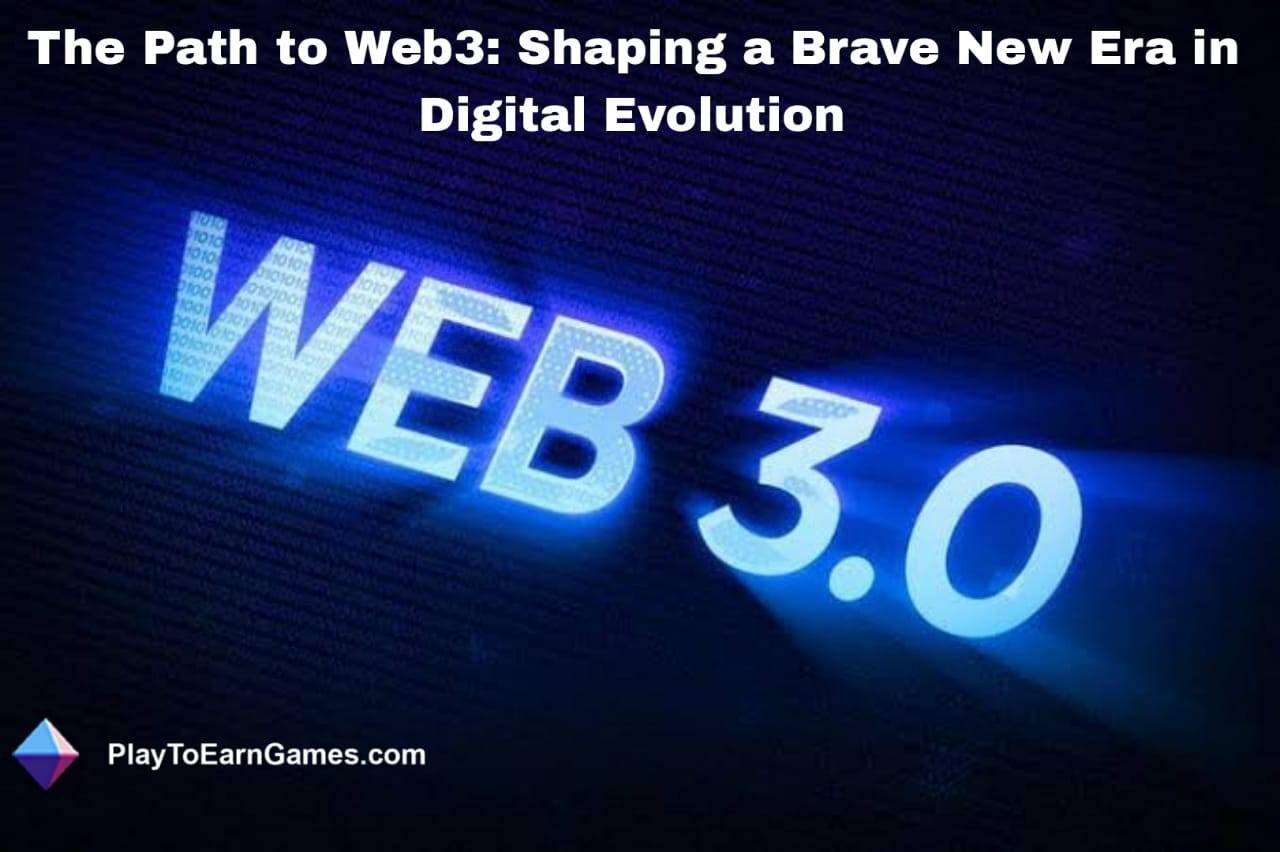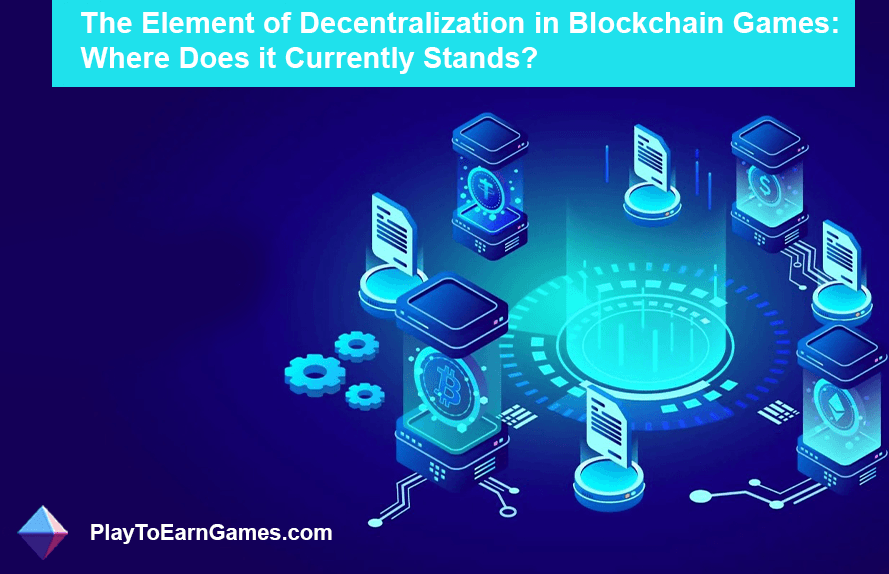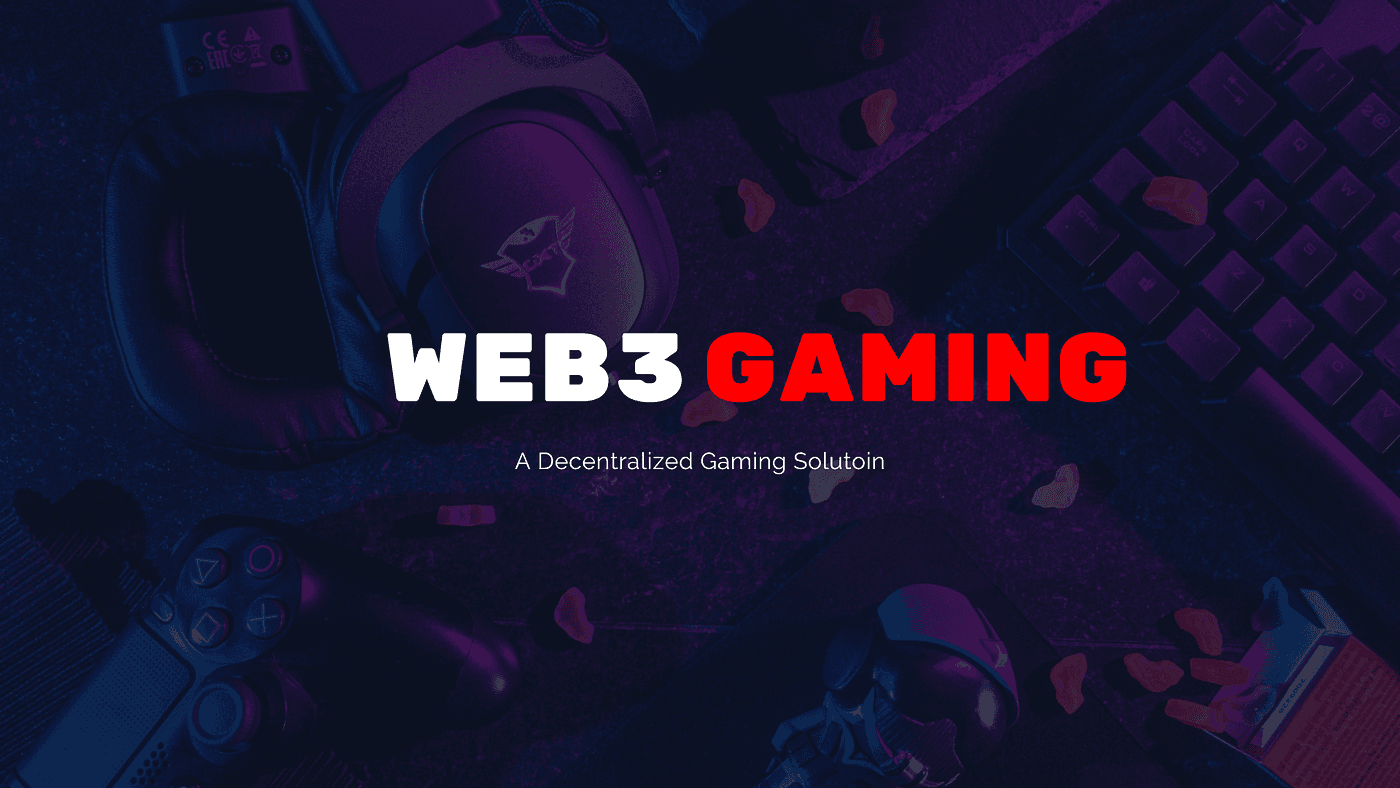In an era dominated by tech giants like Google, Amazon and many others, the digital landscape is undergoing a revolutionary transformation with the emergence of Web3 technology. Sir Tim Berners-Lee, the inventor of the internet, has expressed concerns about how the internet has deviated from his original vision, highlighting issues of user privacy and the spread of false information. This article delves into the promise of Web3, a set of technologies that includes blockchain, artificial intelligence, the Internet of Things, and extended reality. Web3 aims to rectify the shortcomings of Web1 and Web2 by decentralizing control, empowering users, and reshaping the financial ecosystem. It also explores the impact of Web3 on creators and the challenges it faces, shedding light on the trends shaping the future of the digital age. The article explores the transformative potential of Web3 technology, which represents a new paradigm for the digital age. It contrasts the evolution of the internet, from Web1 to Web2, with the emergence of Web3 as a solution to the shortcomings of the existing digital landscape dominated by tech giants like Google and Facebook.Background: The internet's initial stages (Web1) were characterized by static websites serving as informational hubs. Later, Web2 brought about collaborative applications and online communities, improving connectivity but at the cost of centralized control and data exploitation by major corporations.Web3 Technology: Web3 relies on cutting-edge technologies, including blockchain networks (such as Ethereum), artificial intelligence (AI), the Internet of Things (IoT), and extended reality (XR). These technologies aim to decentralize control, empower users, and foster a sense of ownership, enabling active participation rather than passive consumption.Financial Revolution: Web3 introduces the concept of software tokens, allowing users to digitize assets and establish financial stakes in their digital presence. This eliminates the need for intermediaries like banks and tech giants, promoting peer-to-peer transactions.Stablecoins: Stablecoins, backed by assets like the US dollar, have gained significant popularity, with a market value surpassing $100 billion. Major players like PayPal, Citigroup, Visa, and J.P. Morgan are entering the Web3 financial ecosystem, further legitimizing its potential.AI Integration and Smart Contracts: AI integration within Web3 enables creators to receive immediate royalties when their work is used to train AI models. Smart contracts, a key element of Web3, are self-executing and eliminate the need for traditional legal enforcement.NFTs and Creators' Earnings: In the Web3 ecosystem, creators have earned $24 billion by selling their work as non-fungible tokens (NFTs). This contrasts with traditional platforms like Spotify, a Web2 platform, which paid artists $7 billion in royalties in 2021.Tokenization and Democratization: Tokens in Web3 grant users direct ownership and economic stakes in digital projects and platforms, symbolizing a shift toward democratization and decentralization of power.Challenges and Risks: Despite its promise, Web3 faces challenges and potential risks. The proliferation of tokens has raised concerns about gambling and speculation. Additionally, Web3's success depends on the shift from centralized cloud networks like Amazon Web Services to a more decentralized infrastructure for internet connectivity, storage, and spatial data.In conclusion, Web3 represents a transformative shift in the digital landscape, offering a more decentralized and democratized internet experience. While it presents promising opportunities, it also faces challenges that must be addressed for its full potential to be realized.
Read more


